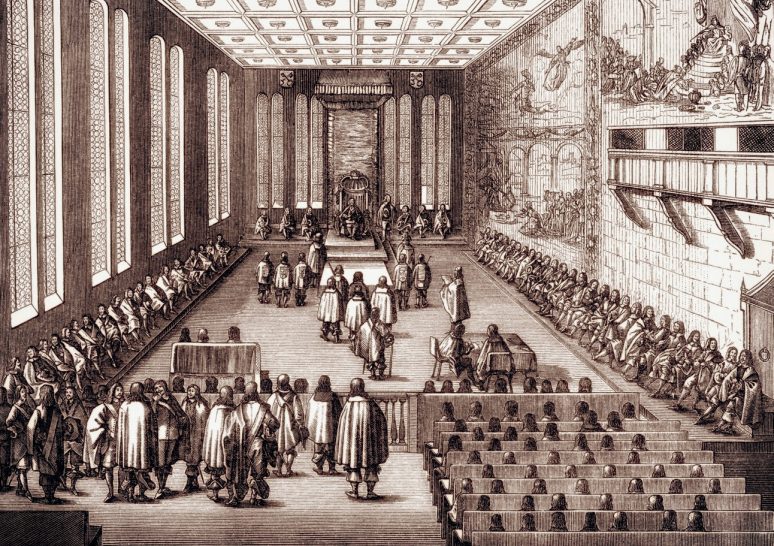
With so much of the ‘Brexit’ debate in 2016 focusing on Britain’s place in Europe, it is surprising that more has not been made of the state of foreign-language education in the UK. Just a few years ago, the media were awash with stories about the poor state of language learning in this country compared to many of our neighbours in Europe. Indeed it was a 2012 European Commission report, marking England as one of the worst countries in Europe for foreign language competence, which prompted the UK’s All-Party Parliamentary Group on Modern Languages to publish a ‘Manifesto on foreign languages’ in 2014.
Most commentators would agree that a lack of foreign-language skills in this country is a bad thing. In many cases, the reason cited in support of greater language competence has been economic wellbeing. For example, the British Council’s ‘Languages for the future’ initiative argues for improved levels of language education because — among other reasons — ‘Employers are crying out for more language skills in the workforce’ and because young people need foreign languages to ‘…compete effectively in a global economy’.
Your organisation does not have access to this article.
Sign up today to give your students the edge they need to achieve their best grades with subject expertise
Subscribe




